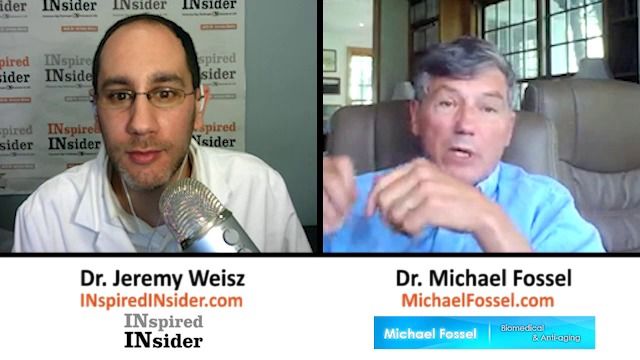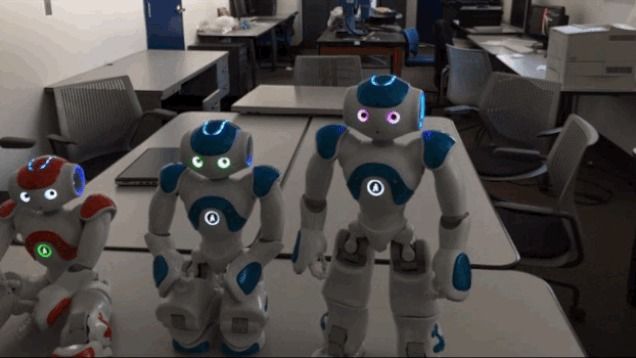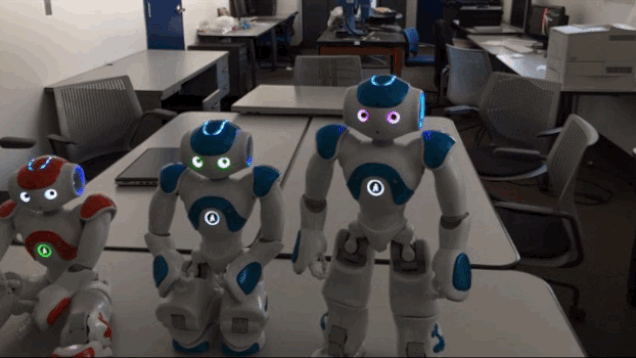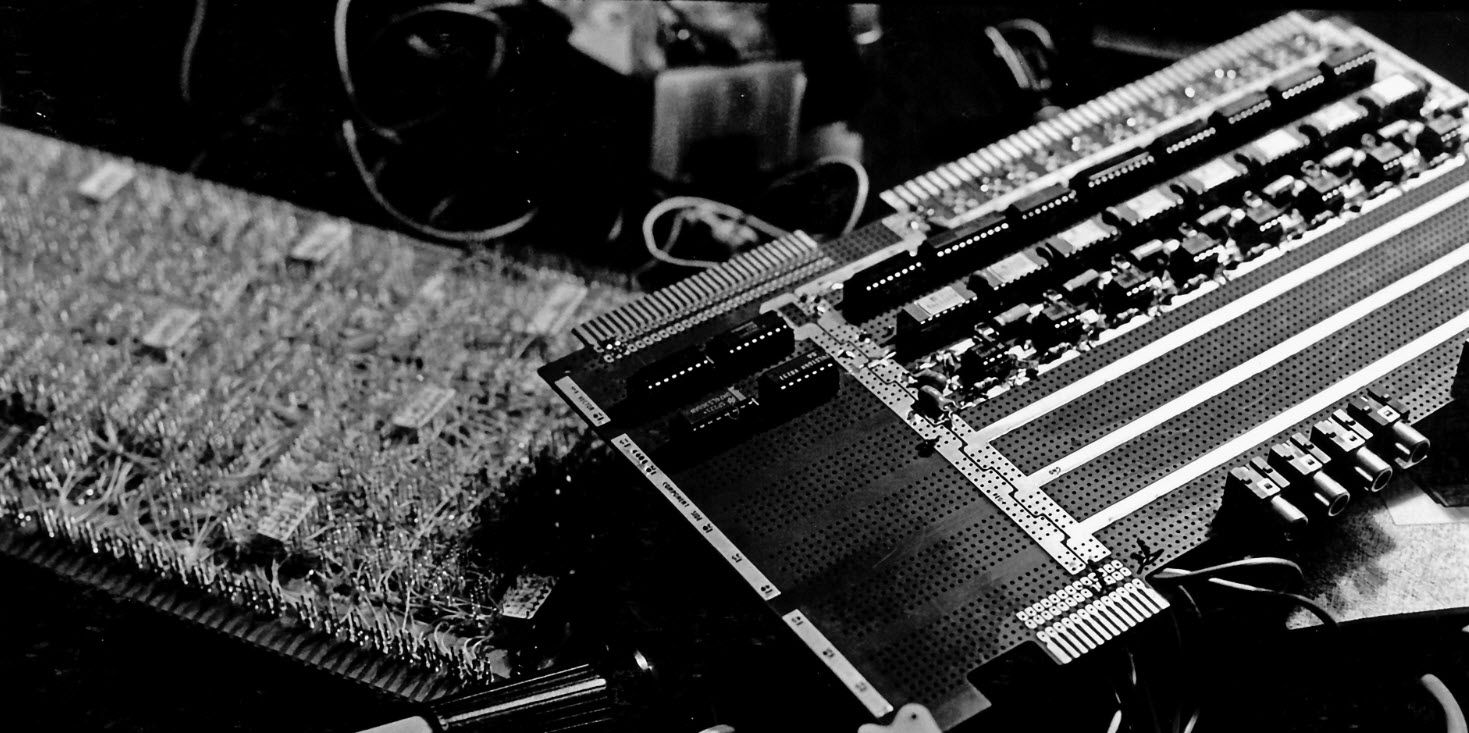Jul 18, 2015
The $100 Million Content Farm That’s Killing the Internet — Charles Buzz | Motherboard
Posted by Seb in category: internet

“This week, the viral aggregator ViralNova was acquired for $100 million dollars. Meanwhile, the Pitchfork spin-off film criticism site The Dissolve ceased operations with an internet_meaningful blogpost entitled “The End.” The divergence between the missions and lifecycles of these two media projects that both launched in 2013 leave me wondering, “WTF is value?” It is certainly not creating #niche content for ‘intelligent audiences.’ Over the past two years, we’ve learned that there isn’t any actual monetizable ‘cultural value’ in building a content farm with an authoritative voice or domination of a niche area. Instead, it is more important to chase quantifiable human metrics by shoving lowbrow content in front of Facebook users. This is exactly what ViralNova has done better than most content farms–it figured out the current system and #growth_hacked the hell out of it.” Read more


















